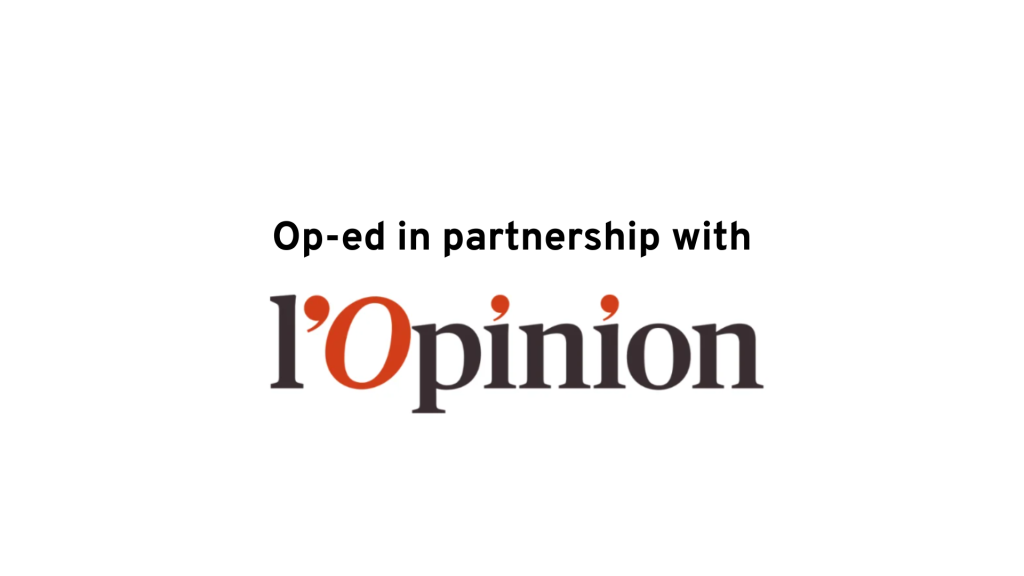Faced with the alliance between Trump and Musk, the deafening silence of the Europeans

At the beginning of 2025, just a few days before Donald Trump’s inauguration, the outbursts of the next President of the United States are more mind-boggling than ever. Canada, Panama, Greenland, the whole world is discovering that MAGA – Make America Great Again – may not just be a politically winning slogan, nor a desire for isolationism, but could well be the sign of a new American imperialism. The time for ‘deals’ and negotiations would then be over, replaced by the law of the strongest and the submission of the weak. After all, isn’t this dynamic already at work elsewhere in the world, whenever international law has been flouted in the service of national or private interests? The examples are so numerous that few people are still moved by them.
Unlike in 2016, this time Donald Trump is not the only one speaking his mind without filter. He has found a powerful and influential ally in Elon Musk, the richest man in the world. Some seem to think that this will not last, that dissension is already apparent between the two men. However, between the future President of the United States and the man who sees himself as the master of the world, the announcements, statements and postures are perfectly coordinated and the agenda, which is rather well controlled, paves the way for the ambitions of the two comrades. Are they serious? It doesn’t really matter, because these statements alone are unacceptable and that should be said. Furthermore, they are testing their allies, their ability to react and oppose, in order to know what they can ask of them. In this context, the silence of the Europeans is deafening, and the few reactions that have been made are so conciliatory that the message has certainly reached Mar-a-Lago.
It is possible that Europeans were incredulous in the face of such excesses or that they are reluctant to engage in a bidding war that they consider dangerous.
However, they give the impression of being paralysed and, above all, weak, when they should instead be thinking quickly, building and assuming a position of strength, which, it is true, they are not used to. Europe has plenty of assets to draw on. European countries remain the United States’ greatest allies, and NATO is an indisputable instrument of power and influence for the United States, whatever the future president may say. They are also key economic and trading partners, and American companies have major interests in Europe (particularly digital companies, given the delays in this area in Europe), not to mention European savings, which flow abundantly into Wall Street…
Reconciliation is not an option because it will not work. If we want to have any chance of controlling the agenda to a minimum, limiting the onslaught of the promised trade war, securing a place at the peace negotiations table between Ukraine and Russia, or even just defending European interests, it is essential to show that we are strong and determined, together and united. What’s more, giving ourselves the means to resist and defend ourselves is also a way of limiting attempts by some to try to free ride by negotiating individually with the new president and/or his sidekick. What would be the point of seeking to obtain a few meagre advantages when the Union can secure more significant ones because it has managed to strike a balance in this inevitable power struggle?
Let us hope that this last question does not remain a pipe dream.




